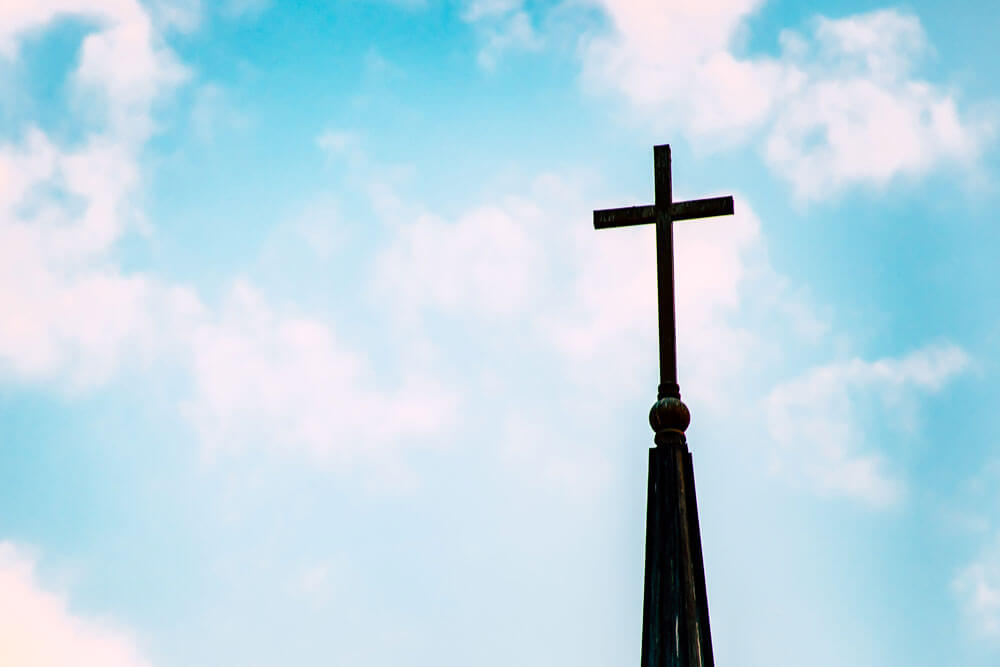One of the most brilliant and powerful creations from our incredible God is the church. Its first appearance is found in the book of Acts where the early church models what the body of Christ was intended to be. They shared meals together, met in homes, served each other, worshipped together, gave sacrificially and their numbers grew daily.
In America in the middle of the 20th century, the church was growing faster than the nation’s population. The church was on the move … but then something began to shift. By the beginning of the new century, the church was starting to shrink.
Gallup reported recently that for the first time in America’s history less than half the population claimed to have a faith. When you dive deeper into the study, you discover the majority of this reduction among the faith community has only accelerated in the last two decades. Whereas in 2000, 70% of the nation claimed a faith—by 2020 that number dropped to 47%. With fewer people claiming any faith, it creates the next challenge—churches across the nation closing at an astounding rate.
Thousands of churches close every year but that has always been offset by new church plants opening. That pattern flipped in 2014 for the first time when more churches closed than were opened. Each year since 2014 the gap has continued to widen between how many churches close compared to how many open.
In January 2020, CNN published an article titled, “A new solution for America’s empty churches: A change of faith,” that reported how Protestant and Catholic churches have decreased in America and Islam is now the fastest growing faith in our nation. Even without this data, you must admit that America isn’t the same. I’m not talking about the change over the last few decades, how about the change over just the last few years? They say that, “Crisis speeds up failure.” That is what the pandemic has done. It sped up in America what was already failing. We are seeing firsthand this truth, every time a church closes their doors it causes America to become a little darker.
So, what’s the answer? Where do we go from here?
The answer is that there are thousands of America’s churches that need help. They need to be rescued. If you look throughout the New Testament, you see that Jesus always spoke and modeled the idea of coming to the rescue. In John 4 when Jesus left Judea on His way to Galilee, it states that He had to go through Samaria. Look on the map, Samaria was out of the way. The reason He had to go through Samaria is that there was a woman who needed to be rescued.
We see the same type of response in the story of the Good Samaritan, someone needed to be rescued. Jesus modeled it for us and placed the mantle of responsibility on our shoulders. When we see something that needs to be rescued, He calls us to action. That’s a sign of maturity, “When the rescued become the rescuers.”
Over the past few years, multiple pastors across the nation began coming to the rescue. They are providing mentoring, resources and emergency funds to churches that need help. One by one they are coming to the rescue to bring hope to pastors and help to the local church.
The task is big and the need is great. The battle, however, needs everyone on the field. That includes you. We need to pray for our pastors like never before. We need to support our home church with our time, talent and resources. Finally, we need to do all we can to start populating our churches by inviting those far from God to join us. Let’s make heaven crowded.
The task is big but the body of Christ is bigger. Let’s get in the game … lets fight! Let’s come to the rescue for this amazing God-given creation called the local church.
Chris Sonksen is the founding pastor of South Hills Church, a multi-site ministry and is the founder of Church Boom, an organization committed to coaching pastors and rescuing churches. He has authored several books including: When Your Church Feels Stuck, Quit Church and his latest book Saving Your Church From Itself. Chris and his wife, Laura, reside in Southern California and have two adult children, Grace and Aidan.












